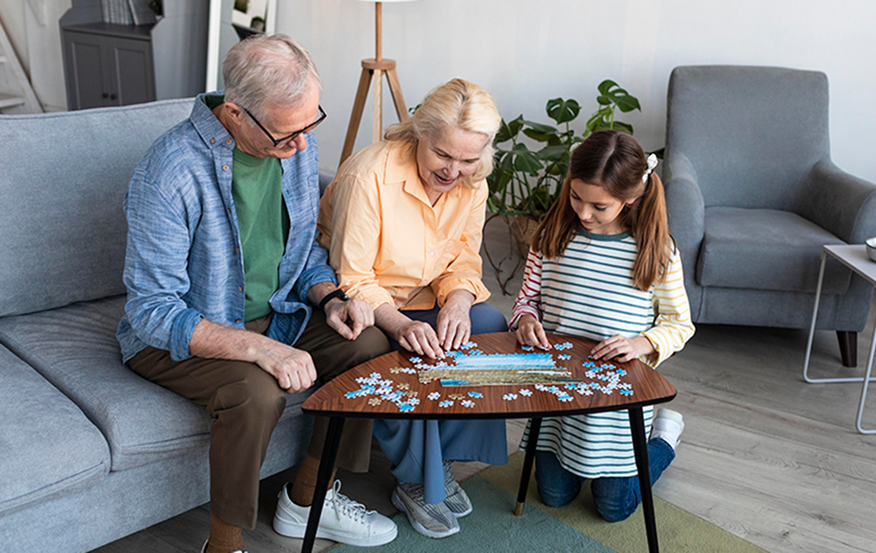In the United Kingdom, board games and quizzes are more than just leisure activities; they are social traditions that bring people together, stimulate the mind, and provide endless entertainment. From classic board games enjoyed for generations to modern strategy games and interactive quizzes, these activities offer unique ways to connect with friends, family, and even colleagues. Understanding their cultural significance, variety, and benefits highlights why board games and quizzes remain a beloved pastime in British society.
Advertising
1. The Cultural Heritage of Board Games
Board games have a long history in the UK, with traditional games like chess, backgammon, and draughts (checkers) being popular for centuries. These games were originally played in social clubs, homes, and educational settings, helping players develop strategic thinking and social skills. Over time, the variety of board games expanded to include family-friendly options such as Monopoly and Scrabble, which became staples in British households.
Board games are often passed down through generations, preserving cultural heritage while fostering social interaction. Game nights are a common tradition, providing structured opportunities for families and friends to engage, communicate, and enjoy shared experiences.
2. Modern Board Games: Strategy and Creativity
The modern board game scene in the UK has grown significantly, reflecting global trends in tabletop gaming. Strategy games like Catan, Ticket to Ride, and Pandemic challenge players to think critically, plan ahead, and collaborate with others. These games combine entertainment with cognitive development, encouraging logical reasoning, problem-solving, and decision-making.
Additionally, cooperative games have gained popularity, where players work together to achieve common goals rather than compete against one another. This cooperative approach fosters teamwork, communication, and a sense of community, making board games a powerful tool for social bonding.
3. Quizzes and Trivia: Engaging the Mind
Quizzes and trivia games are a quintessentially British pastime, rooted in the tradition of pub quizzes and educational competitions. These games test knowledge across a variety of topics, including history, literature, science, and popular culture. They encourage participants to think quickly, recall facts, and engage in friendly competition.
Pub quizzes remain a popular social activity in towns and cities across the UK, often combining entertainment with camaraderie. Online quizzes and mobile apps have also made trivia more accessible, allowing people to challenge themselves and compete with friends virtually.
4. Educational Benefits of Games
Board games and quizzes offer significant educational benefits. Strategy-based games enhance cognitive skills, including memory, attention, and logical reasoning. Players must plan, anticipate opponents’ moves, and adapt strategies, which improves mental flexibility.
Quizzes encourage learning across a wide range of subjects, reinforcing general knowledge and fostering curiosity. Schools and educational programs often use quiz-based activities to engage students in a fun and interactive way, demonstrating that games can be both entertaining and instructive.
5. Social Interaction and Team Building
One of the greatest strengths of board games and quizzes is their ability to bring people together. Family game nights, social gatherings, and community events create opportunities for communication, collaboration, and healthy competition. These activities strengthen relationships, reduce stress, and provide a sense of belonging.
